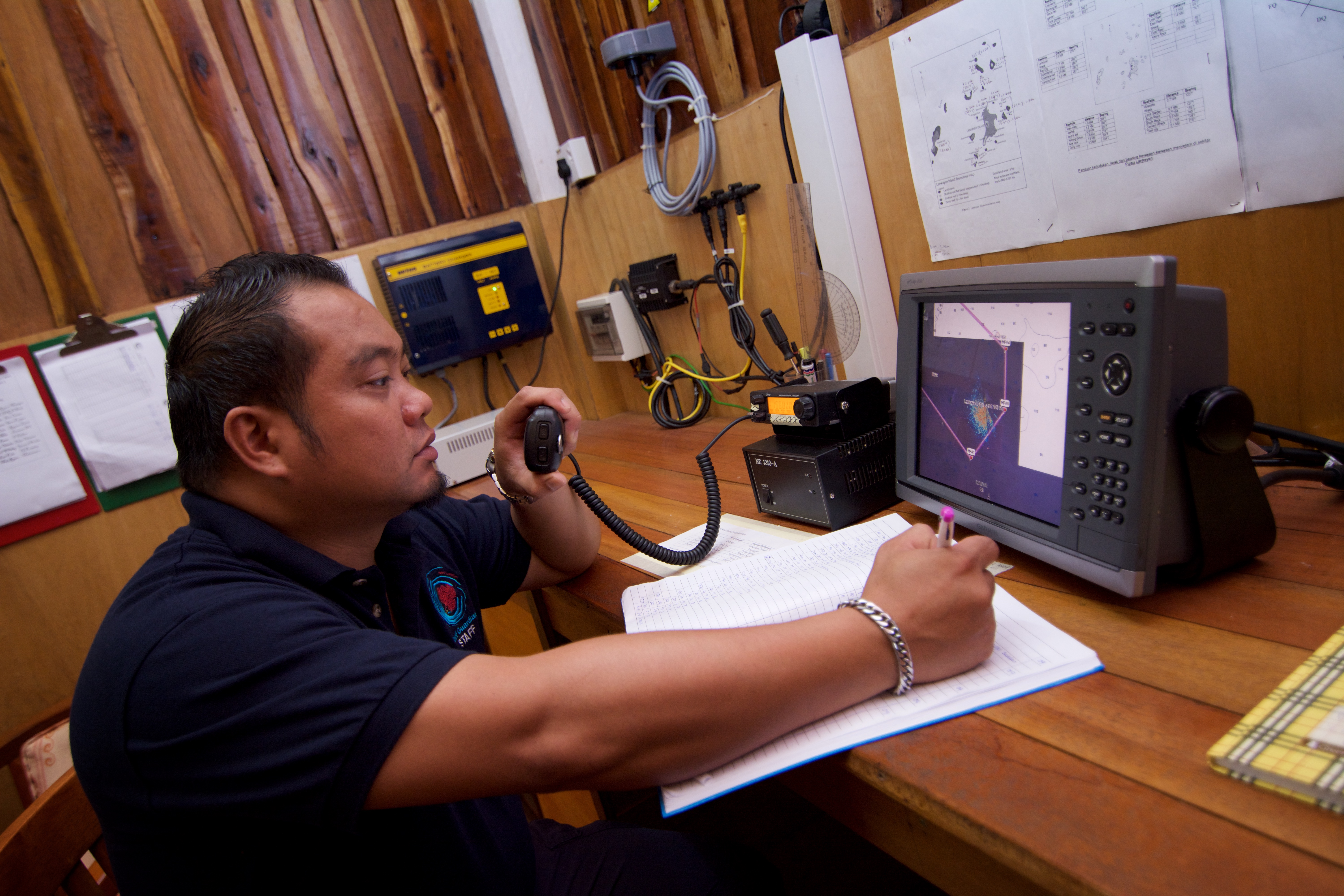Applying a complex-systems approach to address a conservation challenge results in improving multiple SDGs
No species exists in a vacuum. A myriad interacting forces come into play to shape their fate, at levels that go far beyond their direct ecological environment. Recognising this means shifting the focus from the species alone to englobe the entire system (ecological, social, political, economic) in which they live. It also implies accepting the uncertainty that arises from these interactions “that simultaneously affect, and are shaped by, the wider system” (Canney, 2021). This means preconceived solutions have very little, if no, chance of truly succeeding.
Not knowing what to do forced the project to ask, observe and listen, letting the answer be shaped by the context. Over the years, it has meant understanding the social-ecological context to identify key intervention points where small inputs can have relatively large impacts, “planning for a greater degree of flexibility in responding to the unexpected, seizing opportunities, and adapting to changing circumstances” (idem), and working at different levels and with a variety of stakeholders to achieve objectives. While the initial focus was on elephants, this approach has in effect delivered multiple benefits and contributed to improving many problems at once, from ecosystem degradation to compromised livelihoods, youth unemployment, local governance and social conflict.
Taking the time to truly understand and internalise complex systems theory and seeking to identify how simple, “controllable” solutions have unforeseen consequences when applied to complex situations.
Taking the time to build ecological and social literacy.
A focus on networks, connection and dynamics rather than individual entities and simple cause and effect.
A preliminary period of studying the problem in its wider context.
A host organisation (WILD Foundation) that was willing to support an unconventional (and therefore risky) approach to conservation.
Be ready to not have the answer and acknowledge that you do not know what to do.
Continually question why a phenomenon appears and seek the ultimate causes.
Seek understanding from a spectrum of disciplines, perspectives and individuals and recognise that they are all partial interpretations.
Respect everyone, even those acting against you.
Be flexible, adapt to the local situation - if an approach doesn’t work, seek why, keep trying until you find the solution. In dynamic environments solutions will need continual review.
If you want someone to do something, create the context that encourages that action, so you won’t have to be expending resources on enforcement.
Be very transparent and honest in your motivations and expect the same of the people you work with to build trust. Act from genuine motivations and be guided by the local context rather than “blue-print solutions”.
A balance of multiple disciplines and complementary skills on the team. In this case the Director was from a natural science background with some social science experience, while the Field Manager was a social anthropologist with some appreciation of natural science.
